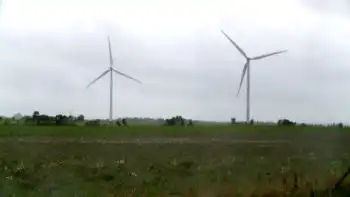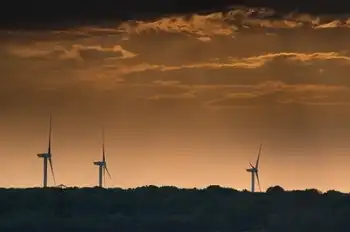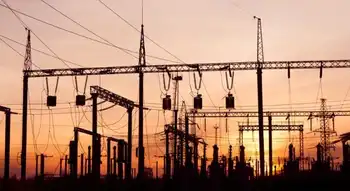Earth Hour participation expected to increase
By Canada News Wire
Electrical Testing & Commissioning of Power Systems
Our customized live online or in‑person group training can be delivered to your staff at your location.

- Live Online
- 12 hours Instructor-led
- Group Training Available
Research undertaken by Ontario's Independent Electricity System Operator (IESO) found 73 per cent of respondents plan to participate in Earth Hour this year — up from the 51 per cent planned participation rate indicated in last year's survey.
When compared to a typical Saturday night in late March, Ontarians' actions during Earth Hour 2009 contributed to an overall drop in demand for electricity of 920 megawatts (MW), which is equivalent to the peak energy needs of Mississauga at this time of year.
Earth Hour is an annual international "lights out" event led by World Wildlife Fund (WWF) with the goal of having as many individuals and businesses as possible turn off their lights for one hour to show their support for action on climate change. The IESO will be monitoring the minute-by-minute changes in demand for electricity and ensuring there is generation available to respond to the changing conditions. The IESO is also hosting a webpage at www.ieso.ca/earthhour with tips, Earth Hour information, and a graph that will track Ontario's change in demand for the hour.
The IESO survey found Ontarians plan to take concrete steps to reduce their electricity consumption. More than 85 per cent of respondents intend to change the time they cook dinner, 79 per cent plan to turn off lights and 68 per cent say they will turn off their television.
"The increasing support we are seeing for Earth Hour is one indication that Ontario consumers are starting to show an interest in managing their electricity use in support of broad environmental goals," said Paul Murphy, President and CEO of the IESO. "The findings in our survey also show residential consumers want to take a more active role in controlling their energy consumption — and their energy costs."
In addition to Earth Hour participation, questions posed in the survey covered several areas related to energy usage. Consumer awareness of smart meters, programmable appliances and energy monitoring and management devices is high. More than 57 per cent of respondents expressed interest in purchasing a real-time energy monitor that shows electricity use on a visual display in the home or, remotely, on a web page. Nearly 90 per cent of respondents also said that they would be interested in ways to use less energy when the price is high, while 84 per cent showed interest in participating in a demand response program offering financial incentives to reduce energy consumption when the grid is strained.











